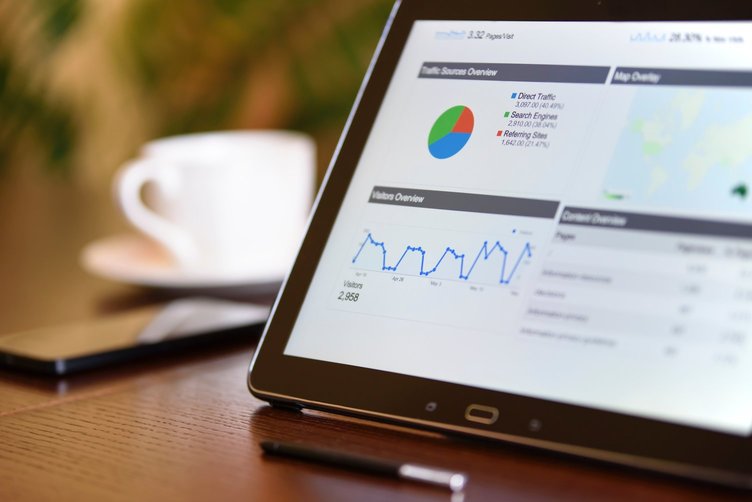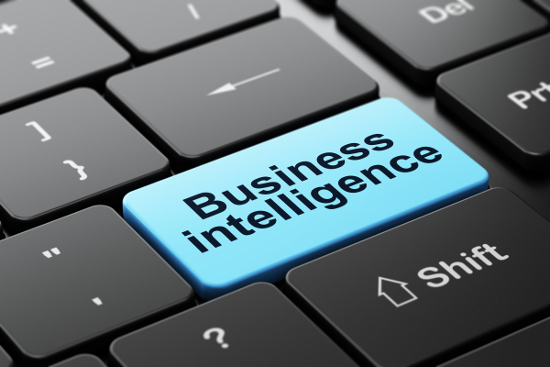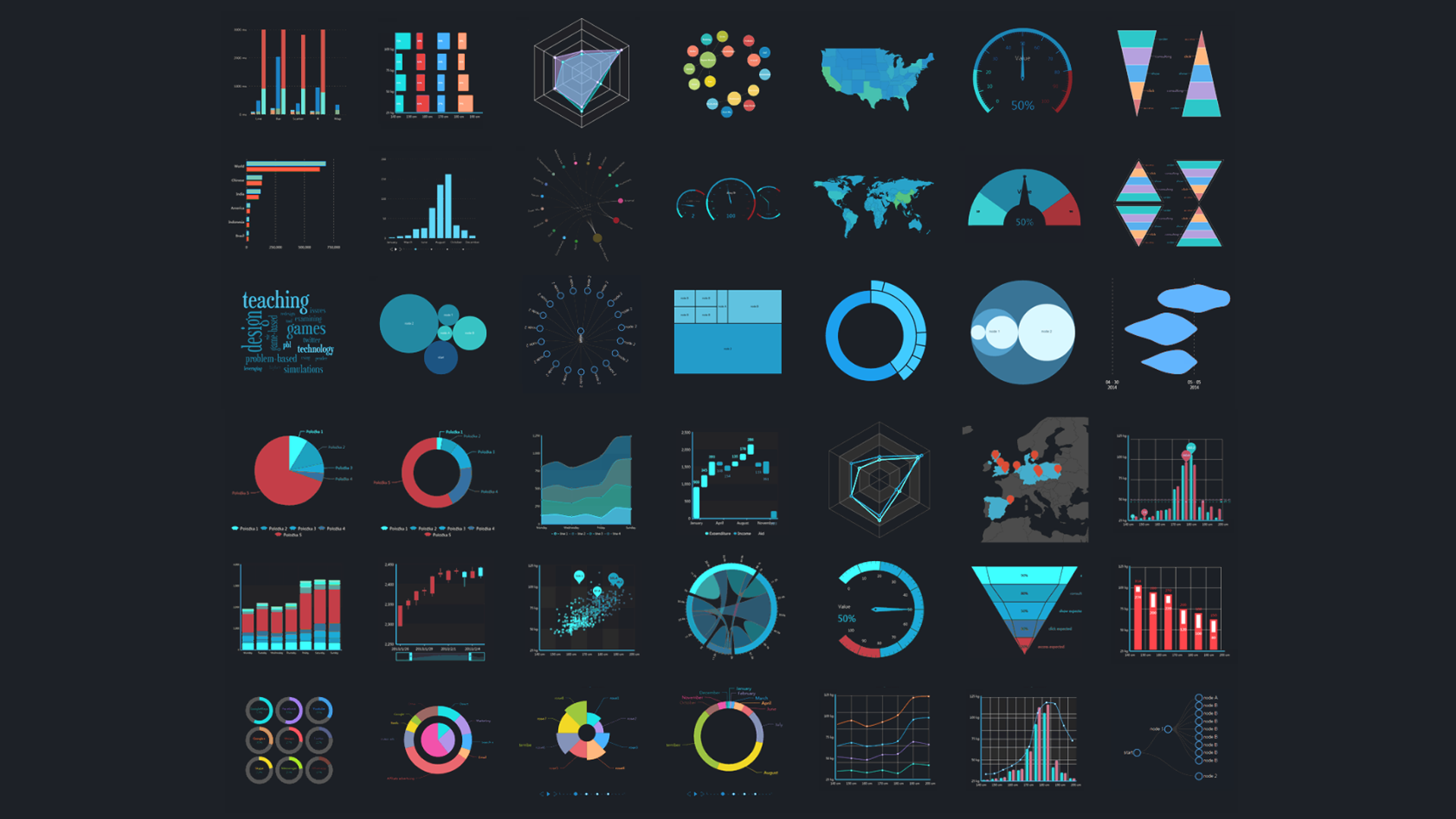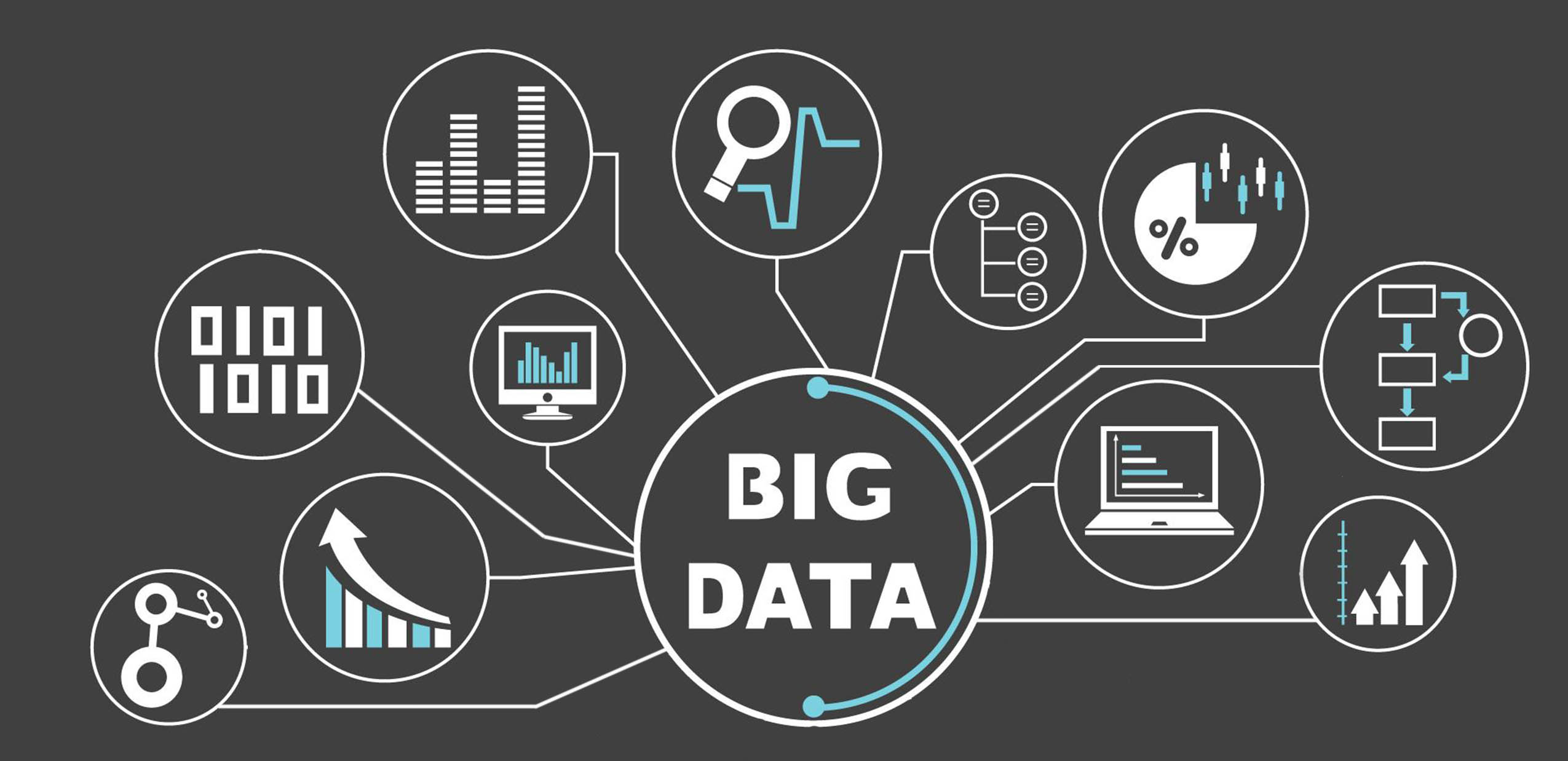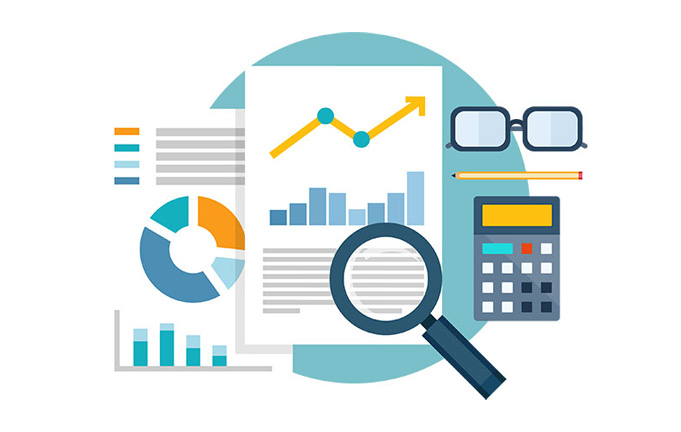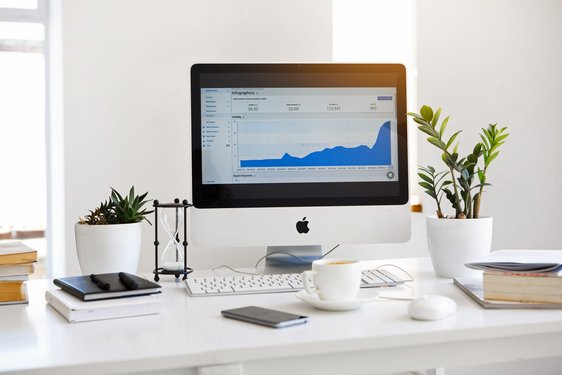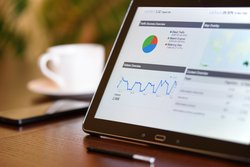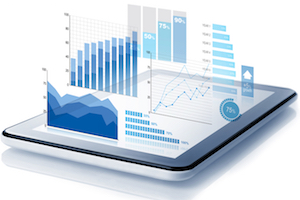If your business or organization handles data, it will also benefit from using some form of reporting software. In the following guide, we will explore what is likely to be some of the benefits and features of reporting software and also examine exactly how this cutting edge technology is defined.
So, what is reporting software exactly?
In essence, reporting software does as its name suggests, it generates and compiles usable reports from your existing data. Everything from financial information and forecasting to tracking projects can be handled by the right reporting software. Some of the advanced systems will also provide integration with both native and external data sources, therefore, creating reports which can track, monitor, and manage a huge variety of data.
How you will benefit from reporting software?
Your operations are able to benefit from reporting software in a number of ways while utilizing a diverse range of metrics across departments and systems. Some of the many benefits available include but are by no means limited to:
Monitoring and tracking performance of the business
Measuring your business’s actual performance is made simple by reporting software that is able to search, discover, and analyze data across all departments. Because such data is viewed in “real-time” it will render an accurate and up-to-date picture of the performance of your operations and projects. The leading benefit of such a system is how the data is able to recognize issues/strengths and take actions based on such data.
Providing visualization of interactive data
There is little doubt that most if not all business leaders are likely to agree that collected data won’t be much use unless it can be viewed, understood, and manipulated. The good news is that most leading reporting software offers a suite of tools, which will enable all of these functions. From charts and heat maps to diagrams, videos, and device apps, such software is designed to make data and its manipulation available to the end-users on a range of devices.
Providing improved productivity
One of the key benefits of reporting software is its ability to create virtually limitless dashboards and connotations of your accumulated data. This gives access to easy updating without the need to create the same reports over again. Along with the obvious time savings allowed through such use, effort and man-hours are also positively impacted at many reporting levels.
Some of the features you should expect from reporting software
By adopting the right approach to reporting software in respect of the unique needs of your business or organization, you will be best placed to enjoy a whole raft of features which it offers including:
The ability to generate “on-demand” reports. While even the most basic forms of reporting software will perform more than adequately in providing ongoing scheduled data reports and analyses, a proprietary package is more likely to offer on-demand ad-hoc reporting for your business.
Visualization of your data. The best reporting software packages will have the ability to present visualized data in a diverse range of formats and graphics utilizing the existing devices within your organization.
Dashboard customization. Having the ability to edit layouts and the format of your data is crucial for both clear interpretation and application of the insights gained. Choosing a reporting software package that reflects those needs is likely to be a major factor in success with data reporting.
Data sharing and export. No one is going to argue that the more flexible and user-friendly your data is the more benefit it will be to those who need access to it. Cutting-edge reporting software offers end results in a wide variety of interchangeable formats, along with the ability to be exported to other platforms and points of integration.
Reporting software prices. While reporting software pricing is always going to be something of a fluid concept that is affected by the unique needs of your business, there is information available concerning basic starting prices. These indicate that some packages have been available for as little as $8 to $42+ dependent on the number of users.
Some things to consider before purchasing reporting software
There is every chance that you already appreciate the importance of getting the best bang for your business buck and that should also apply to your choice of reporting software. Unless you already happen to be an expert on the application of reporting software, the primary tool at your disposal when choosing the right system is the ability to compare like-for-like. This is likely to be especially true when comparing by price alone.
The balancing act of pricing and affordability. Whether you choose the SaaS (software as a service) option or you decide to own a system outright, it is essential that you carry out some due diligence before making a final decision. From backup and online help to training and the life expectancy of the system, they will all need to be factored in.
Considering software and hardware integrations. If you are to gain the maximum benefit from your investment in reporting software, integration is going to be one of your top priorities. The ability to work in synchronicity with your existing hardware and software is the best way to create the maximum use of such systems. A few of the systems that are considered a prerequisite to work in tandem with reporting software include CRM, dashboards, ERP and other business intelligence systems.
Where is it headed?
If considering how powerful reporting software is likely to impact on your operations hasn’t made you dizzy already, you should stop to consider the very real implications that other emerging technologies will have in conjunction with it.
The emergence of conversational chatbots as a mainstream reporting function. If the reports are to be believed, some 70% of small businesses are anticipating the use of chatbots in the not-too-distant future and there are some obvious applications for their use in conjunction with reporting software. Having witnessed the phenomenal growth in voice-activated software over the last few years, the implications for both businesses and end-users are looking exciting, to say the least. From simple FAQs to more complex queries, it looks as if the tech still has plenty of room left to grow. Machine learning, AI and evolving business intelligence applications.
One thing that all business owners and managers are in agreement about is that the rate at which these new technologies are evolving is only likely to increase. Machine learning is now finding its way into even the smallest of companies, while learning algorithms are becoming commonplace within the diverse systems already in use. The implications of these technologies for reporting systems are nothing short of huge and businesses that choose to invest in existing systems are certain to be poised on the cusp of this rapidly forming wave.

